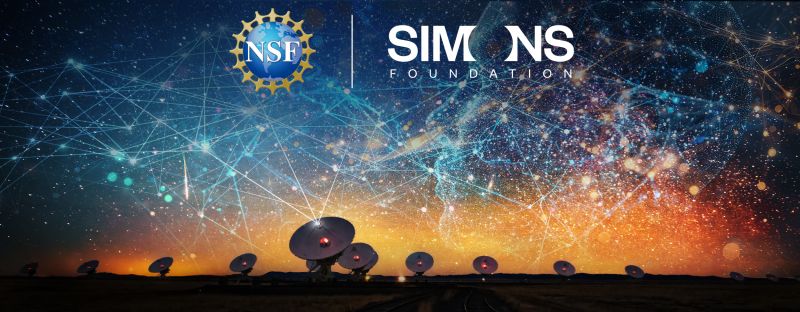Link to the full source article
RSS feed source: National Science Foundation
From the early telescopes made hundreds of years ago by Galileo to the sophisticated astronomical observatories of today, people have built increasingly innovative tools to probe and measure the cosmos. Soon, researchers at two new institutes funded by the U.S. National Science Foundation and the Simons Foundation will build a new breed of astronomical tools by harnessing the uniquely powerful abilities of artificial intelligence to assist and accelerate humanity’s understanding of the universe.
The new National Artificial Intelligence Research Institutes for astronomical sciences are part of the NSF-led National Artificial Intelligence Research Institutes program, which now includes 27 AI institutes across the U.S. The two new institutes will each receive $20 million over five years: $10 million from NSF and $10 million from the Simons Foundation.
“The massive amount of data that will be gathered in the coming years by the NSF-DOE Vera C. Rubin Observatory and other large-scale astronomical projects is simply too vast and rich to be fully explored with existing methods,” says NSF Director Sethuraman Panchanathan. “With reliable and trustworthy AI in their toolbox, everyone from students to senior researchers will have exciting new ways to gain valuable insights leading to amazing discoveries that might otherwise remain hidden in the data.”
“Astronomy has incredibly rich and open data sets and is poised for more deep and profound inquiry,” says Simons Foundation President
Click this link to continue reading the article on the source website.
